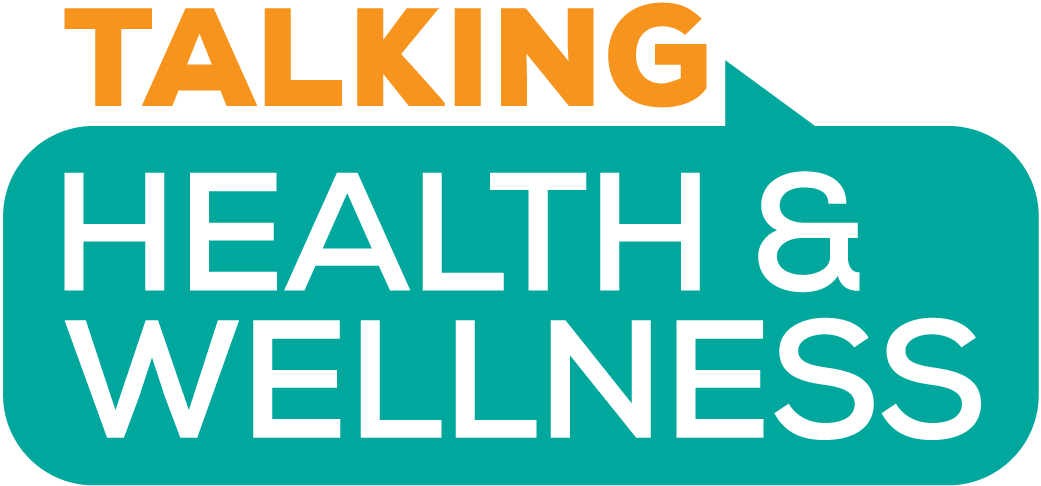Relationship Wellness: Do’s and Don’ts
When we are in healthy relationships in our personal and professional lives, stress levels are lowered, health improves, and happiness increases. No two relationships are the same, but the following tips apply to every kind of relationship:
Communicate
It is important to genuinely listen to what other’s have to say, don’t just hear them and move on with your day.
Ask questions to show you are interested in what’s being said. Inquire about the individual’s feelings, interests, and experiences.
Don’t keep your personal opinions or feelings to yourself! Sharing information also helps the relationship grow. By letting others know who you are, without overwhelming them without too much information too soon, you are establishing rapport.
Be Affirming and Dependable
John Gottman, an expert on relationships, states that couples are more successful when they express warmth and affection. It is important that positive interactions outweigh negative interactions. For example, Gottman teaches a ratio of 5 positive interactions to 1 negative interaction or feeling. Strong relationships not only require affirmation, but also dependability, especially in friendships and professional relationships. Follow through when you commit to something. If you decide to take on a responsibility, be sure to complete it to better establish trust.
Don’t Fear Conflict
In any relationship, conflict will likely occur. Disagreeing about something does not mean the relationship will not be a positive one. It is how you choose to handle the conflict that will make a difference. By cooling down before talking, the conversation will be more productive. When talking to your partner or your coworker, use “I” statements to share how you feel. Be careful not to make the other party feel attacked by using accusatory statements. In addition to using “I” statements, keep your language clear by describing behavior you might be upset with. It is also important to focus on the current issue and take responsibility for any mistakes you have made. Finally, not all difficulties have a resolution, so be prepared to recognize when a problem is not easily solved. Through effective communication, you’ll better understand each other’s point of view on the situation.
Source:

